THE LATEST FROM VALTASNews, updates, and stories to keep you in the know.
|
 Previously, our colleague Deniz Satir put together a resource to help organizations understand an Executive Director's role in fundraising and allowed us to share it with our readers. In it she explained that the best nonprofit leaders will take steps such as developing a fundraising strategy, cultivating donor relationships, engaging with the board, practicing financial stewardship, and aligning the team around fundraising efforts. Those responsibilities are critical components to developing and executing a successful fundraising strategy, and they beg the next question: “What should a Board’s role be in fundraising?” Should a Board just allow the ED to own the organization’s fundraising strategy unilaterally, rubber stamping plans and loosely reviewing results? Or should they take a more active role? And how does the Board’s responsibility change when the organization is undergoing significant change like a mission shift or leadership transition?
0 Comments
 What makes the best nonprofit leaders the best? In our line of work that’s something we talk about and strive to define every day. It’s an intensely human question, and at times it can be painfully introspective as well. But like most important questions, it’s one that makes us better for asking. So, is greatness something that some people are just born with or is it something forged through experience that anyone can achieve? We believe it’s the latter! Our team of nonprofit leaders has honed their skills over time, learning from their previous roles and consulting engagements and leveraging insights from their professional networks as they have progressed through their careers. They have seen the best and worked hard to join their ranks.  With the rapid changes that we’ve seen over the last decade across technology, culture, and industry, organizations that fail to adopt an innovation mindset will run the risk of stagnating in their mission delivery and becoming obsolete in their communities. What does this mean for your organization? To put it plainly, the time to innovate is now! But wait, innovation may not mean what you think it does! While many conversations around innovation typically focus on expanding technological capabilities, the kind of innovation mindset that truly powers today’s top organizations is not solely tech-based. True innovation is about fostering a culture of creativity, collaboration, and continuous improvement that remains focused on your mission and its impact on the communities you serve. Embracing this kind of innovation is what will set tomorrow’s nonprofits apart!  As a society we’ve weathered the storm of the pandemic and its subsequent prolonged fallout and now are firmly in what is being considered the “post-COVID” era. So, what does this mean for nonprofit organizations operating in today’s day and age? At each juncture our consultants have given their advice on how nonprofits should respond during these unprecedented times. We gave early advice on how to act quickly, mid-point advice on how to rethink strategic planning, and now it feels right to give a final summary of what the nonprofit world looks like to close out the discussion and equip organizations to understand how to navigate the road ahead.  Are you ready to unlock your nonprofit’s potential and preserve its future? If so, you need to create a formal succession plan to guide its future regardless of who is at the helm! When you need to improve your planning or want to be better prepared for a leadership transition, use our Guide to Nonprofit Succession Planning! Remember, the most successful nonprofits that have a longstanding impact on their communities are the ones that address the elephant in the room – your leadership won’t be around forever! The sooner your organization comes to terms with that, the better prepared you will be when that someday becomes today. |
THE LATEST FROM VALTAS
You are welcome to subscribe to get the latest news, updates and insights from our team. Subscribe:Ask Valtas!Categories
All
Archives
July 2024
|

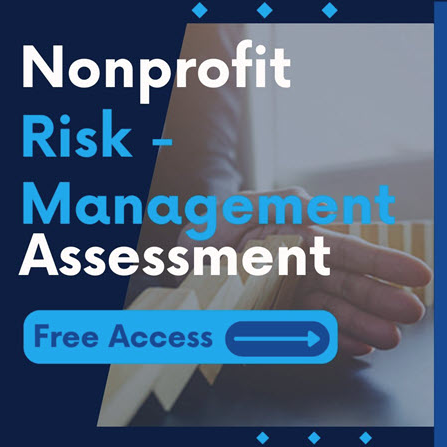
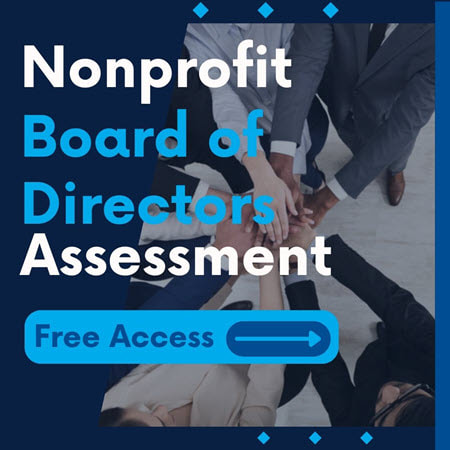
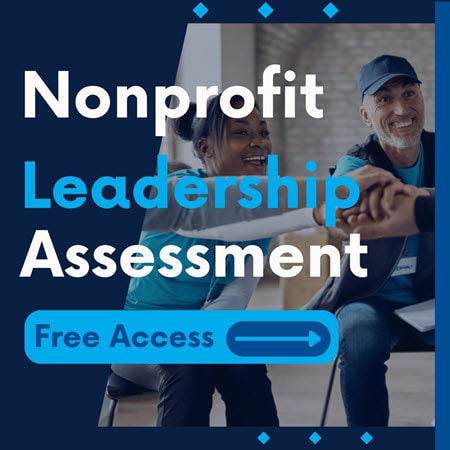
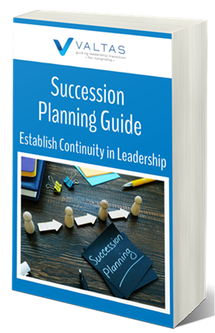
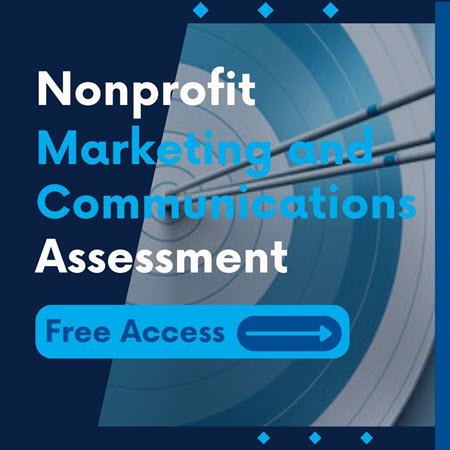
 RSS Feed
RSS Feed
